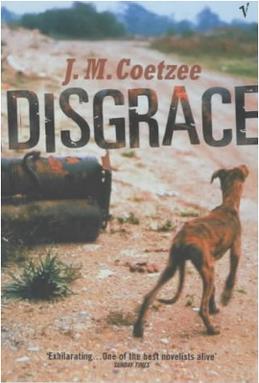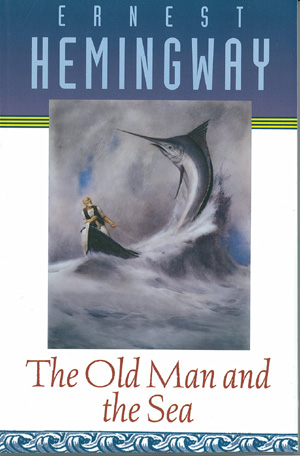10 great literary Nobel Prize winners
The Nobel Prize for Literature was first awarded in 1901 to Sully Prudhomme “in special recognition of his poetic composition, which gives evidence of lofty idealism, artistic perfection and a rare combination of the qualities of both heart and intellect,” and most recently was given to Mo Yan “who with hallucinatory realism merges folk tales, history and the contemporary,” according to the Nobel Prize website.
In honour of the announcement, we look back on 10 of the most celebrated winners of the prize, sharing the reason they won (all quotes taken from the Nobel Prize website) along with their most famous work.
J.M. Coetzee (2003)
J.M. Coetzee received the award in 2003 for his “innumerable guises (which) portray the surprising involvement of the outsider.” His 1999 novel, Disgrace, focuses on the question central to his work – is it possible to evade history? It made him the first writer to receive the Booker Prize twice, and was also turned into a film starring John Malkovitch in 2008.

Toni Morrison (1993)
Toni Morrison received the prize in 1993, the website noting her novels are “characterized by visionary force and poetic import” and her work “gives life to an essential aspect of American reality.” Her 1987 novel, Beloved, focuses on the liberation of a child after the American Civil War, and the consequences that come from such actions. It is taught in schools around the world to this day.

Samuel Beckett (1969)
Beckett received the prize in 1969 for “his writing, which – in new forms for the novel and drama – in the destitution of modern man acquires its elevation.” Waiting for Godot is widely considered his masterpiece, and the standard for which all playwrights aspire to.

Jean-Paul Sartre (1964)
Sartre won in 1964 “for his work which, rich in ideas and filled with the spirit of freedom and the quest for truth, has exerted a far-reaching influence on our age.” While he famously declined the prize, citing “a writer’s accepting such an honour would be to associate his personal commitments with the awarding institution, and that, above all, a writer should not allow himself to be turned into an institution,” he remains a central figure in postwar literary and philosophical discussion. With Being and Nothingness, he defined existentialism.

[NEXTPAGE]
John Steinbeck (1962)
Steinbeck received the prize in 1962 “for his realistic and imaginative writings, combining as they do sympathetic humour and keen social perception.” The Grapes of Wrath and Of Mice and Men are still considered benchmarks of American literature, widely studied in schools around the world.

Albert Camus (1957)
Camus received the award in 1957 “for his important literary production, which with clear-sighted earnestness illuminates the problems of the human conscience in our times.” He was the second youngest writer to receive the prize, after Rudyard Kipling. His 1942 novel, The Stranger, is famous for its story of a government worker who kills an Arab and is indifferent to his sentence of death.

Ernest Hemingway (1954)
Hemingway won in 1954 “for his mastery of the art of narrative, most recently demonstrated in The Old Man and the Sea, and for the influence that he has exerted on contemporary style.”

William Faulkner (1949)
Faulkner received it in 1949 (though a technicality meant he didn’t actually receive it until 1950) “for his powerful and artistically unique contribution to the modern American novel.” He pioneered stream of conciousness writing with his 1929 novel The Sound and the Fury.

George Bernard Shaw (1925)
Shaw won in 1925 “for his work which is marked by both idealism and humanity, its stimulating satire often being infused with a singular poetic beauty.” His plays are widely considered the best in history after Shakespeare, and Pygmalion is recognized as his comedic masterpiece.

William Butler Yeats (1923)
Yeats received the award in 1923 “for his always inspired poetry, which in a highly artistic form gives expression to the spirit of a whole nation.” The Tower is widely considered his best collection of poems.

What’s your favourite title? Let us know in the comments!
Sources: Nobel Prize.org, CBC News, Barnes and Noble, Wikipedia
READ MORE
Books with big ideas
Books with buzz: Suspense, Thrillers & Mysteries
10 books every child should read
The joy of books